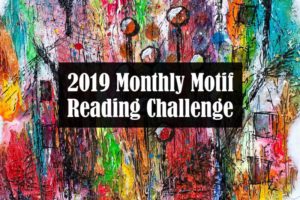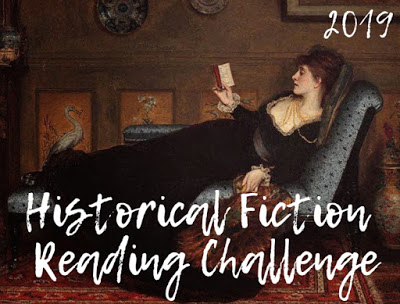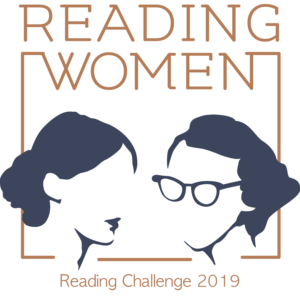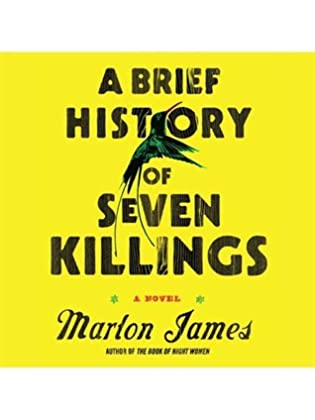 A Brief History of Seven Killings by Marlon James
A Brief History of Seven Killings by Marlon James Narrator: Ryan Anderson, Dwight Bacquie, Cherise Boothe, Robertson Dean, Johnathan McClain, Robert Younis
Published by Highbridge on October 24, 2014
Genres: Historical Fiction
Length: 26 hours
Format: Audio, Audiobook
Source: Library
Buy on Amazon
Goodreads

From the acclaimed author of The Book of Night Women comes a masterfully written novel that explores the attempted assassination of Bob Marley in the late 1970s.
On December 3, 1976, just before the Jamaican general election and two days before Bob Marley was to play the Smile Jamaica Concert, gunmen stormed his house, machine guns blazing. The attack nearly killed the Reggae superstar, his wife, and his manager, and injured several others. Marley would go on to perform at the free concert on December 5, but he left the country the next day, not to return for two years.
Deftly spanning decades and continents and peopled with a wide range of characters—assassins, journalists, drug dealers, and even ghosts—A Brief History of Seven Killings is the fictional exploration of that dangerous and unstable time and its bloody aftermath, from the streets and slums of Kingston in the 1970s, to the crack wars in 1980s New York, to a radically altered Jamaica in the 1990s. Brilliantly inventive and stunningly ambitious, this novel is a revealing modern epic that will secure Marlon James’ place among the great literary talents of his generation.
Damn. I’m not sure what to say about this book. It’s hard for me to recommend it to anyone because it’s really violent and disturbing, but it was completely captivating at the same time. I was riveted. A Brief History of Seven Killings is long and at times unwieldy—I can’t tell you how many killings there were because I lost track, but it was way more than seven, and this novel is anything but brief. I wound up reading chapter summaries after I listened to each chapter so that I could be sure I picked up on the salient plot points.
I highly recommend the audiobook, but with the caveat that you really have to pay attention. The voice actors do a good job, though some of them seem to handle the Jamaican Patois better than others; truthfully, I don’t know that I know enough about the Jamaican Patois to be able to discern how well the narrators captured it. One thing I can say confidently is that their acting was good. Some of the scenes were downright harrowing to listen to in a way I’m not sure is as easily captured in print.
This might seem like a strange way to put it, but Marlon James shines the most in this book when describing scenes of violence. He almost renders the most violent scenes as poetry. Some of the scenes are downright cinematic. I’ve seen some reviewers compare Marlon James to Quentin Tarantino, a comparison that seems particularly apt to me. I also see the influence of William Faulkner.
The book’s epigram is a Jamaican proverb: “If it no go so, it go near so.” In the video below, James says that “fiction is a lie that tells the truth.” I didn’t know anything about the history behind this novel, but as I can tell, as James shares, that it was heavily researched. I was completely unaware of the assassination attempt that left Bob Marley, his wife, and his manager wounded but—astonishingly—killed no one. Timothy White’s 1991 article for Spin is apparently one of the sources, and I highly recommend it as supplementary reading. Reading it made me think that it was a brave act for Marlon James to write this book. It’s not hard to see why James might have read about the incidents surrounding the attempted assassination and think it would make a hell of a book. I definitely don’t think this book is for everyone, but I found it both fascinating and horrifying in equal measures. In the end, however, I can see why it won the Booker Prize some years ago.
I read this book for the Book Voyage: Read Around the World Challenge for June: a book set on an island.
If you have about an hour, you might enjoy Marlon James’s visit to Politics and Prose in Washington, DC.
https://www.youtube.com/watch?v=ZNx5FXpAoNU

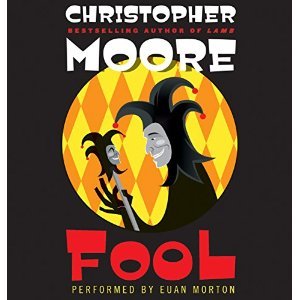 Fool by
Fool by 
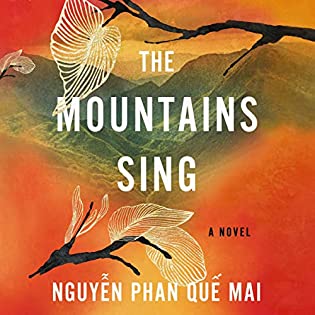 The Mountains Sing by
The Mountains Sing by 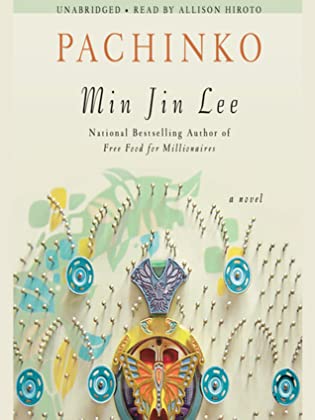 Pachinko by
Pachinko by 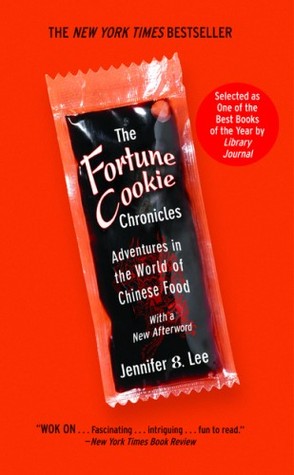 The Fortune Cookie Chronicles: Adventures in the World of Chinese Food by
The Fortune Cookie Chronicles: Adventures in the World of Chinese Food by 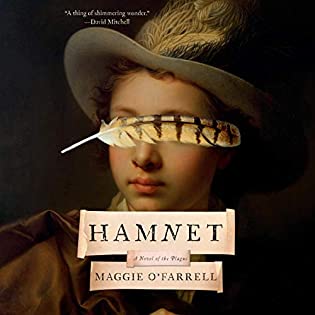 Hamnet by
Hamnet by 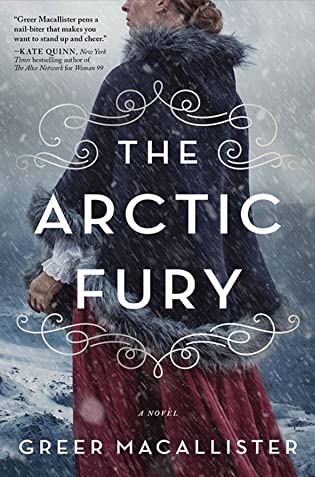 The Arctic Fury by
The Arctic Fury by 

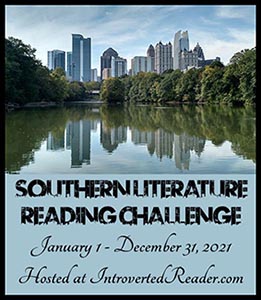
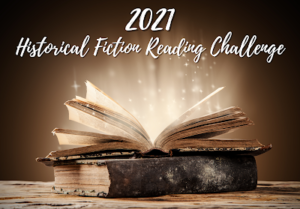
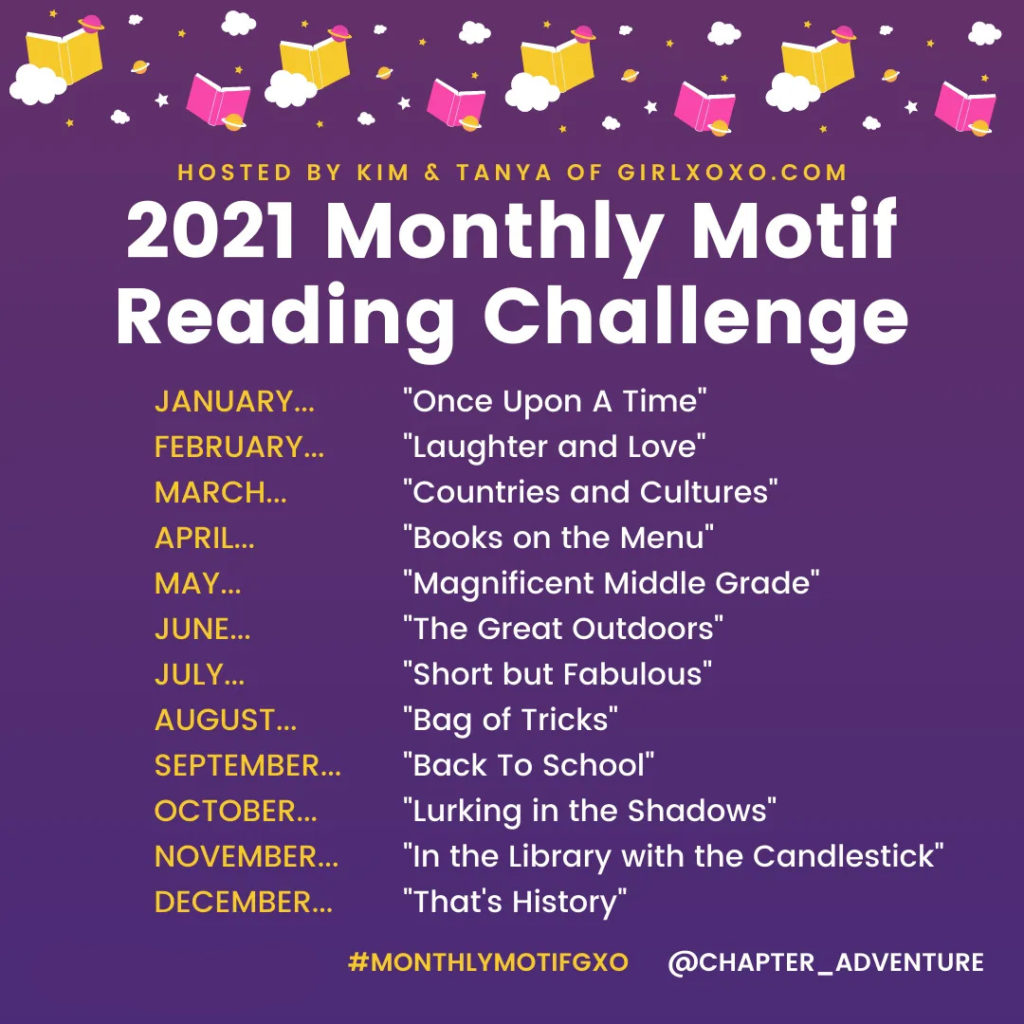
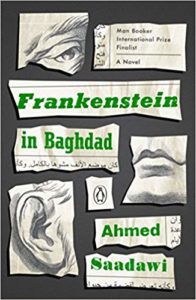 Frankenstein in Baghdad by
Frankenstein in Baghdad by 

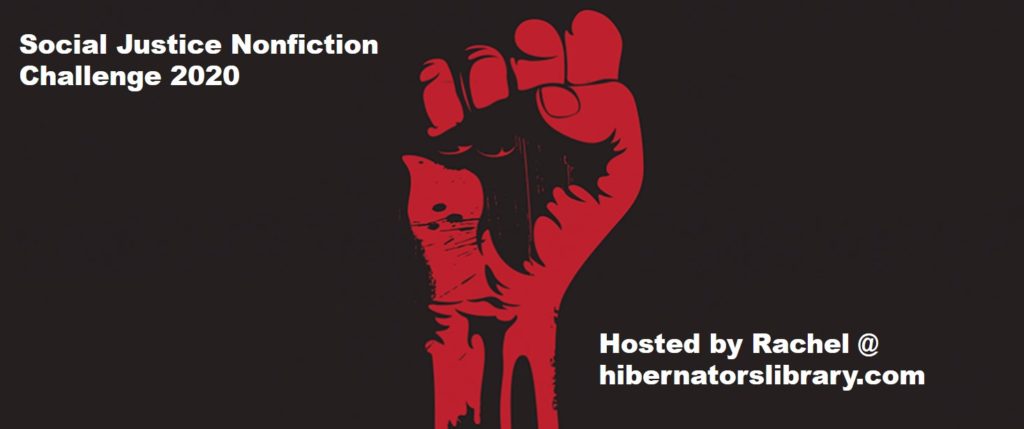
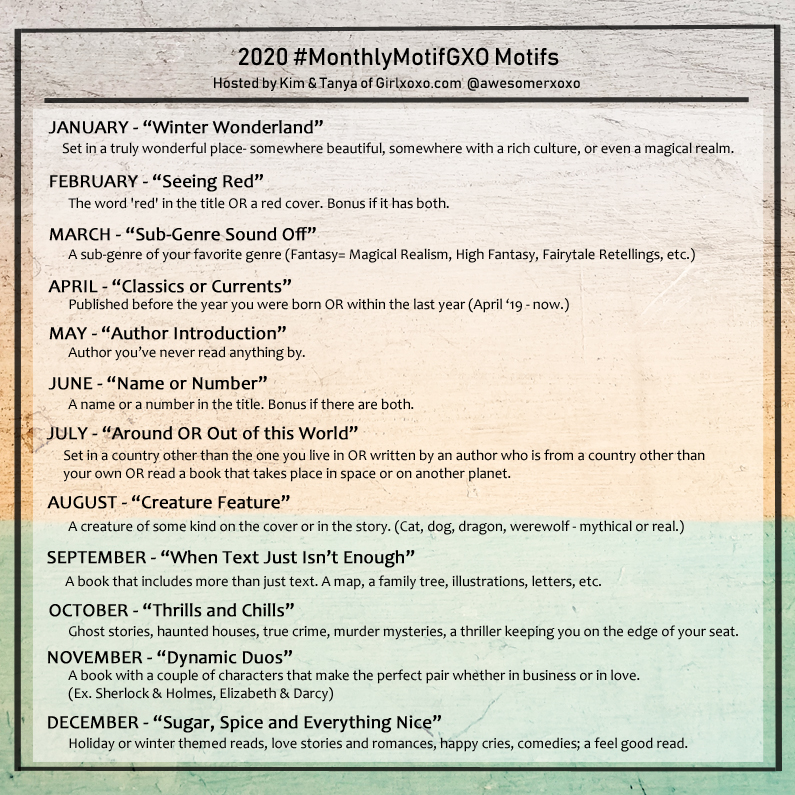
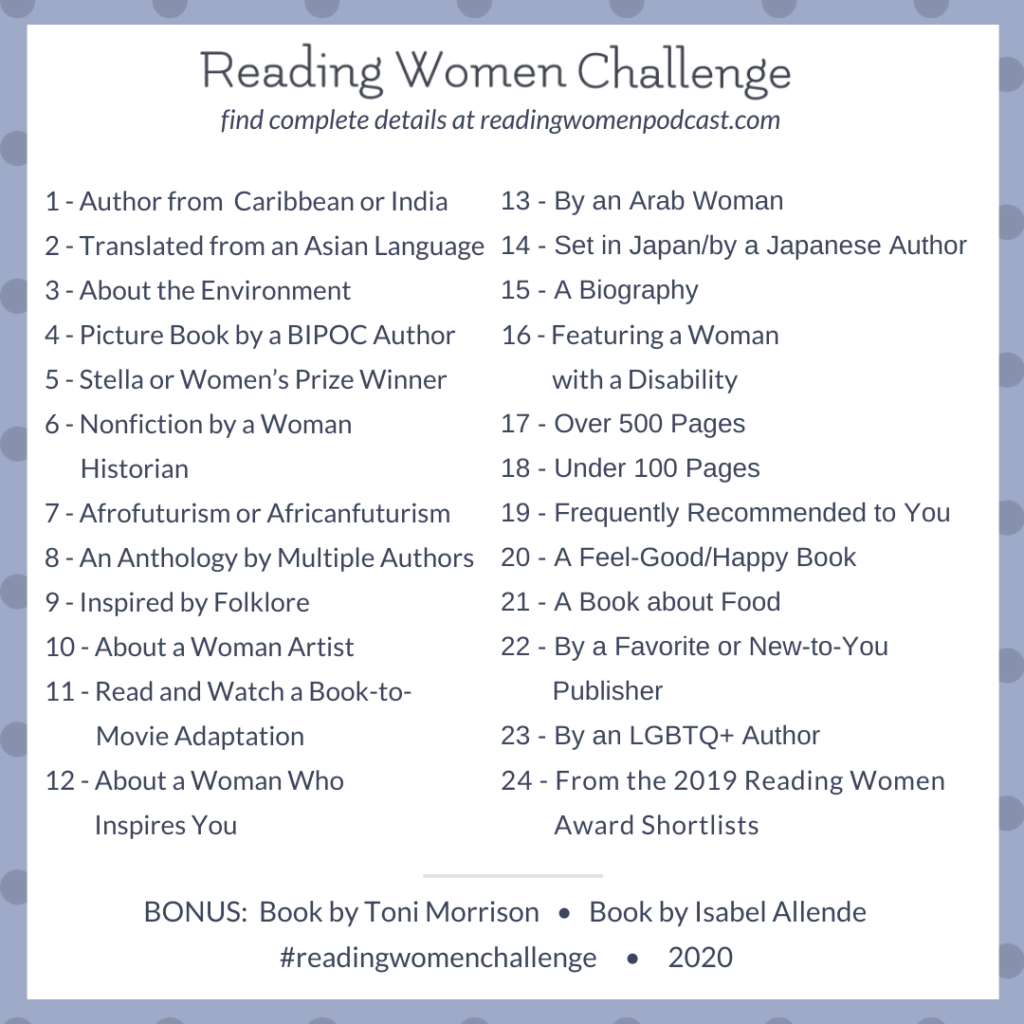
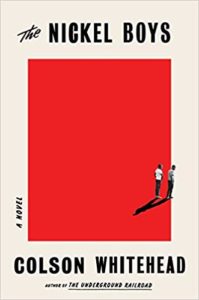 The Nickel Boys by
The Nickel Boys by 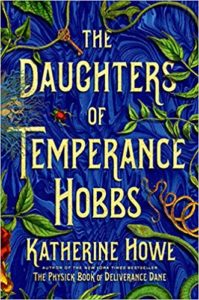 The Daughters of Temperance Hobbs by
The Daughters of Temperance Hobbs by 